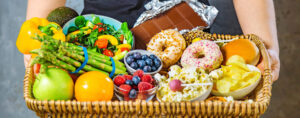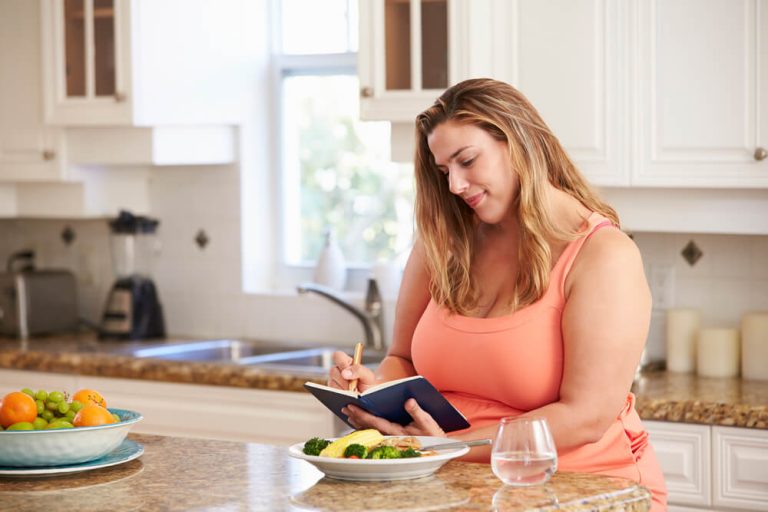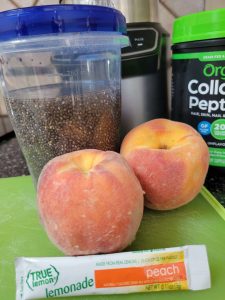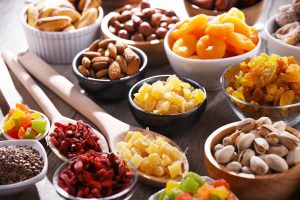
Why Should I Keep a Food Log?
Why start a food log? Let’s get real here. Most people do not want to track what they eat. It

If you want to lose weight and keep it off, here’s the #1 thing you should do right now – before you change anything at all about your eating habits. Before you read any further, stop and ask yourself what you think this tip is and why.
Would you be surprised if I suggest that you cut out sweets? How about cutting back on carbs? Exercise, or exercise more? Eat smaller meals, or less food overall? None of those recommendations would be likely to surprise you. But what you may find surprising is that while those actions can help, they may or may not be necessary.
So what is the number one thing you can do right now if you want to lose weight? Keep track of what you’re eating! Right here, right now. Does this mean that tracking what you eat, of and by itself, will bring about weight loss? It is not a guarantee, but the habit of doing so plays an important role in a number of ways.
If you want to lose weight and keep it off, you need to know where you’re starting from. Truly understanding your current nutrition and lifestyle habits – both good and bad is the first step to making significant change. If you don’t, than even if you lose weight, you won’t know for sure which change was the primary driver. This is especially true if you change several things at once! In my experience as a nutritionist, I have found that most people over estimate both their good and their not so good habits, and they aren’t even aware of it! To lose weight and keep it off long term, it’s imperative that you take time to look at the entirety of where you are right now – at the facts, rather than assumptions. Record not just weight, but perhaps body composition or body measurements. Make note of your lifestyle habits, eating habits, challenges and strengths. Taking stock of this bigger picture and areas ripe for change will greatly improve your odds of long term success. A study in the journal Obesity concluded that self-monitoring in terms of tracking what one eats, is “significantly related to weight loss success”.
Food logging of and by itself is very simple: you can download a food tracking app for free. There are a lot of apps out there, but my recommendation is the MACROS app. Its’ simple to use, has a free version, and even the paid Plus version is inexpensive compared to most, at less than $20/year. A piece of paper and pen work just fine too. Keep track of what you eat and drink – literally everything, and the time of day. Just three to five days is enough to get a good idea of what you’re doing well and identify areas for improvement. Those days don’t have to be consecutive, but what you track should be comprehensive and reflect how you typically eat. Include miscellaneous notes that occur to you, such as how you’re feeling on a particular day and whether or not you ate solo or with others. What was your stress level and how did you sleep? Did anything unusual happen at home or work? How active were you? Even the weather can affect eating habits.
Once you have a few days of logging, take a look and make notes summarizing any trends. Avoid using judgmental words like “too much”, “shouldn’t have eaten”, etc. The goal here is to simply gather data so that you have a baseline as to where you are starting from. Honesty is key here, as you want to make changes that will not only have you losing weight, but being able to keep it off.
This is not a comprehensive list of the ways in which a food log can be helpful, but regardless of your depth of knowledge about nutrition, answering the questions above can help by highlighting the good trends as well as the not so good. And the answers just might spur you into action on the not so good.
That being said, if you have no idea what to do with the information, you might want to check out this Small Bites (one-time) nutrition consultation, Food Logging 101. Small Bites are online video consultations that I offer, on the topic of your choosing. Have your food log handy, and I can help you interpret the data and be better prepared to make changes that support your goals. I also offer a month long option https://eatingwithintent.com/product/nutrition-tracking-basics/
Whatever you decide to do, do yourself a favor, and start logging what you eat! I think you’ll be glad that you did!

Why start a food log? Let’s get real here. Most people do not want to track what they eat. It

Quick & Easy Chia Gel and Peach Smoothie When you’re short on time, but need a quick pick me up

Five simple ways to eat healthier Are you looking for simple ways to eat healthier? Would you like to lose

Nutritional benefits of chia seeds The wide array of nutritional and health related benefits of chia seeds make them a